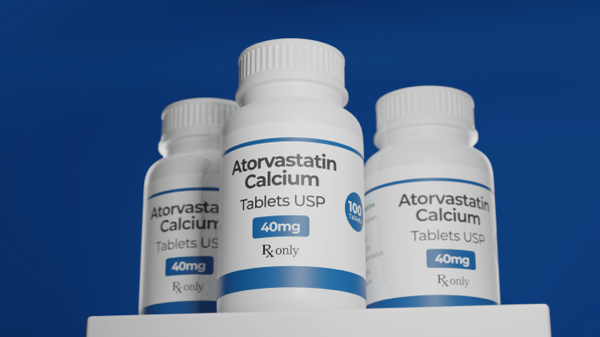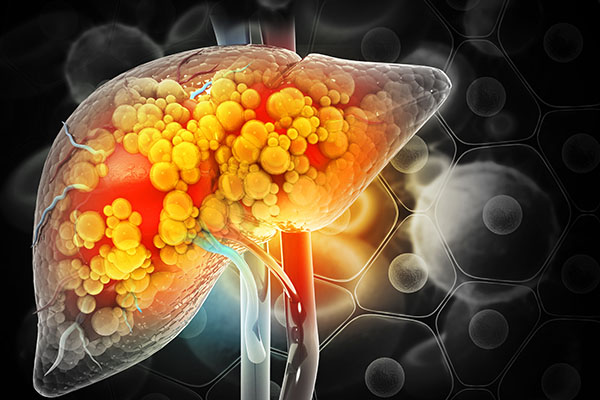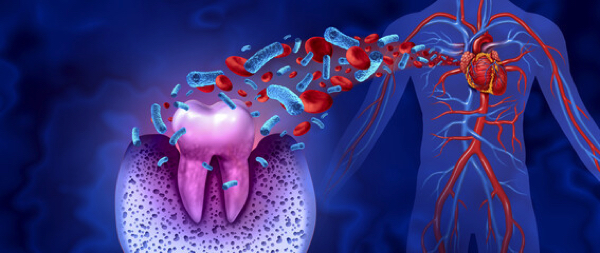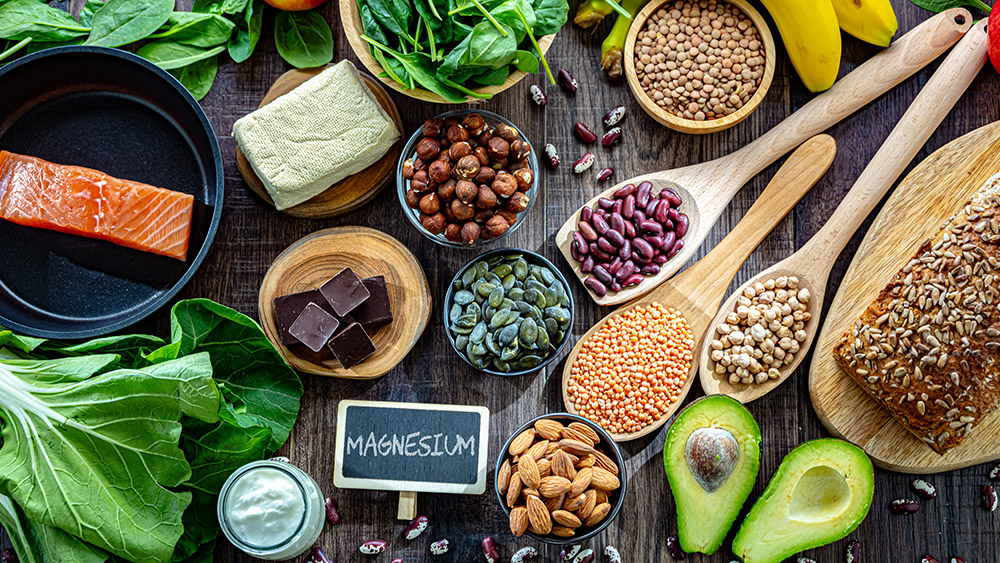Your gut’s secret code: How everyday carbs reprogram your body’s defenses
10/27/2025 / By Ava Grace

- The function of gut bacteria is not permanently “good” or “bad.” Instead, their behavior is fluid and can be reprogrammed by the specific types of carbohydrates they are fed, switching between anti-inflammatory and pro-inflammatory states.
- Each carbohydrate source acts as a unique signal or instruction to the gut microbiome. The research highlights that food is not just energy, but a form of information that directly influences immune function and inflammation levels.
- The consumption of refined sugars, like those in soft drinks, was found to rapidly reprogram common gut bacteria (like B. theta) to compromise the gut’s protective barrier and weaken immune defenses, often within a few weeks.
- This discovery explains why a universally “healthy” diet can have different effects on different people. The variable is the dynamic behavior of an individual’s unique gut bacteria, which is continuously shaped by their personal food choices.
- Individuals can actively guide their microbiome toward better health by consuming a diverse range of whole-food carbohydrates and paying attention to their body’s responses, making dietary choices a tool for microbial management.
Groundbreaking research has uncovered that the trillions of bacteria residing in the human gut are not static actors but dynamic entities that can be fundamentally reprogrammed by the carbohydrates we consume.
This discovery, emerging from sophisticated laboratory and human studies, demonstrates that the same beneficial bacteria can switch between being allies or adversaries to your immune system based solely on their dietary fuel. The findings provide a revolutionary new framework for understanding personalized nutrition, suggesting that every meal sends specific instructions to the body’s microbial inhabitants, with direct consequences for inflammation, immunity and long-term health.
For decades, the public health conversation around gut health has been simplistic, categorizing bacteria as either “good” or “bad.” This new research, however, reveals a far more complex reality. The focus has shifted from merely which bacteria are present to how they are behaving at any given moment. The study indicates that beneficial bacteria possess what can be described as multiple personalities. Their genetic programming is fluid, allowing them to alter their function and their relationship with the human immune system in response to different environmental cues, primarily the types of carbohydrates passing through the digestive tract.
The master manipulator: B. theta
The research zeroed in on a common gut bacterium called Bacteroides thetaiotaomicron, often simply called B. theta. This microbe is a workhorse in the human gut, playing a critical role in breaking down complex foods. Researchers sought to understand why individuals with similar gut bacteria compositions could have vastly different immune responses. The answer lay not in the presence of B. theta itself, but in its operational state. The bacterium was found to literally flip internal genetic switches, a process known as phase variation, which changes the proteins it produces and, consequently, how it communicates with its human host.
To map this relationship, researchers analyzed dietary and gut sample data from human populations, observed the effects of sugar water on mice, and conducted extensive lab experiments growing B. theta with 190 different carbohydrates. This comprehensive methodology revealed that each carbohydrate source acted as a unique signal. Some carbs triggered B. theta to produce beneficial, anti-inflammatory compounds that support gut lining health and calm the immune system. Others prompted the same bacterium to generate molecules that drive inflammation, a root cause of numerous chronic diseases.
The findings offer a stark warning about the impact of refined sugars. In both human and mouse studies, the consumption of sugar-sweetened soft drinks was directly linked to a reprogramming of B. theta. This sugar-induced state compromised the gut’s protective barrier, effectively poking holes in the body’s first line of defense. It also led to weaker immune defenses, including lower levels of infection-fighting cells and a reduced capacity for gut tissue repair. Critically, these detrimental shifts were observed to begin within a few weeks, demonstrating the rapid and potent influence of diet on our internal ecosystem.
A historical shift in understanding
This discovery marks a significant evolution in nutritional science. Historically, dietary advice has been largely one-size-fits-all, based on broad population studies. The new research explains the frustratingly common experience where a universally recommended “healthy” diet works miracles for one person but fails for another. The variable is not just the individual’s unique microbiome composition, but the dynamic, ever-changing behavior of the bacteria within it, which is continuously shaped by personal food choices.
“One diet is not good for all,” said BrightU.AI‘s Enoch. “The concept of a ‘whole-diet plan’ focuses on overall eating patterns and nutritional quality throughout the day, which can be adapted to individual needs. This approach acknowledges that factors like age, activity level and health status mean a single, rigid diet cannot work for everyone.”
The most empowering aspect of this research is its implication that these bacterial changes are not a life sentence. The gut microbiome is highly dynamic and can shift its behavior quickly in response to dietary adjustments. This means individuals are not powerless against their current gut state. By strategically choosing carbohydrates, one can actively guide their microbial population toward more beneficial, anti-inflammatory behaviors without needing to adopt extreme or unsustainable diets.
So, what does this mean for the average person seeking better health? The key is diversity and mindfulness. Rotating carbohydrate sources weekly—switching between sweet potatoes, quinoa, oats and a variety of fruits—exposes gut bacteria to a wide array of nutrients, preventing them from settling into a monotonous, potentially problematic routine. It is also crucial to become a detective of one’s own body, paying close attention to energy levels, mood and digestion after consuming different carbs to identify personal triggers and boosters.
Watch and learn as Health Ranger Mike Adams discusses gut health insights with Dr. Basima Williams.
This video is from the Health Ranger Report channel on Brighteon.com.
Sources include:
Submit a correction >>
Tagged Under:
#nutrition, B. theta, carbohydrates, diet, discoveries, food science, gut bacteria, gut mircobiome, health science, immune system, nutrients, real investigations, refined sugar, research
This article may contain statements that reflect the opinion of the author





















